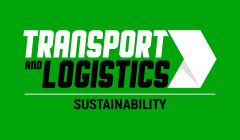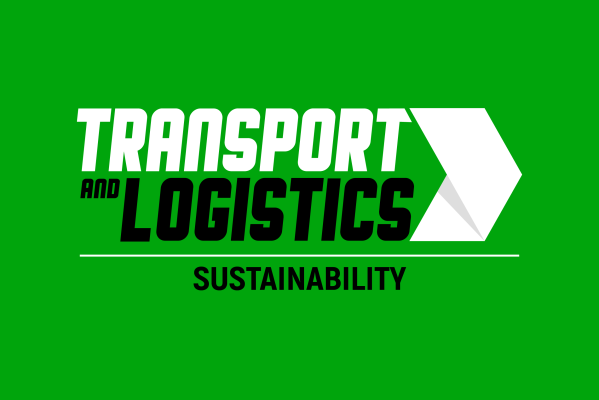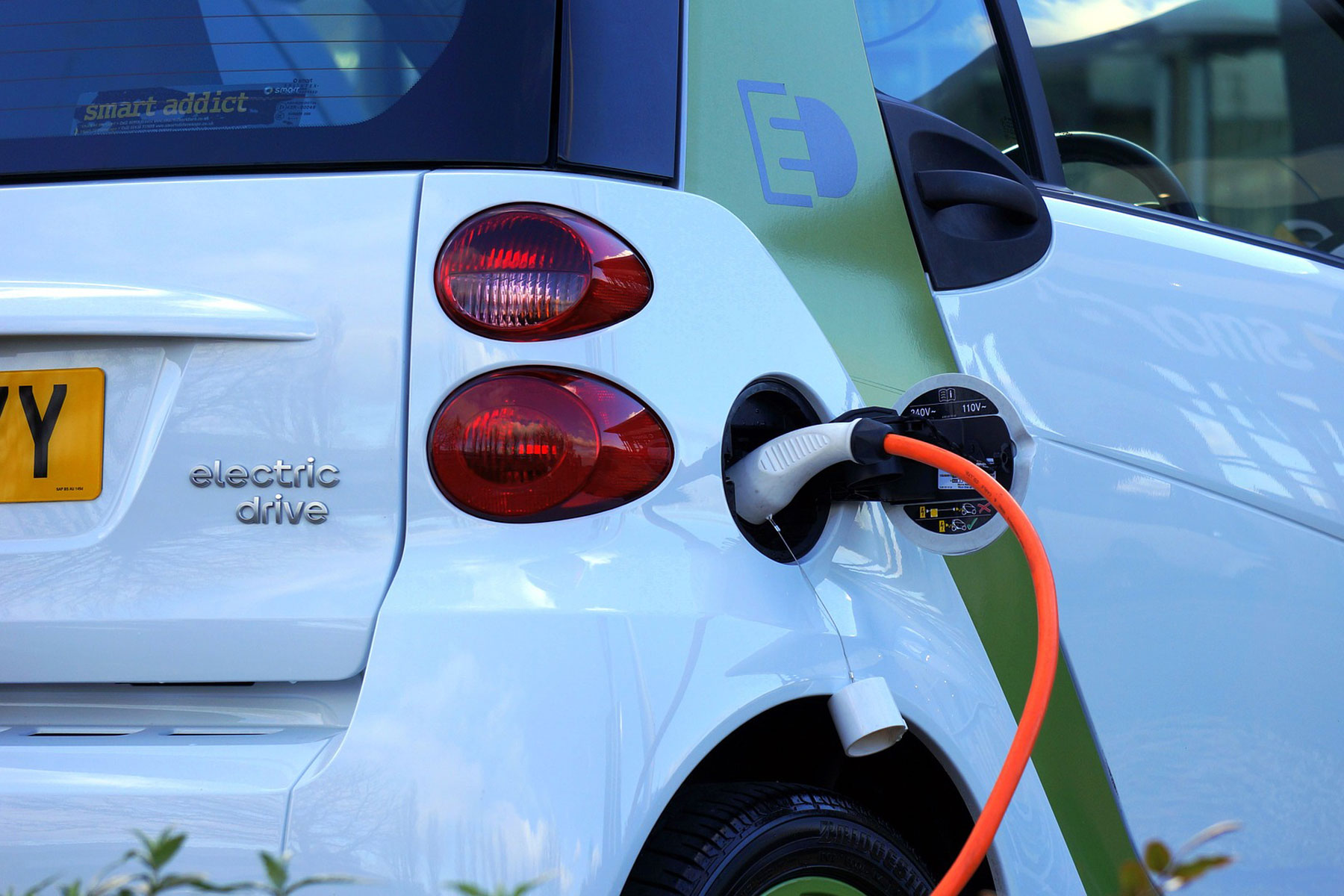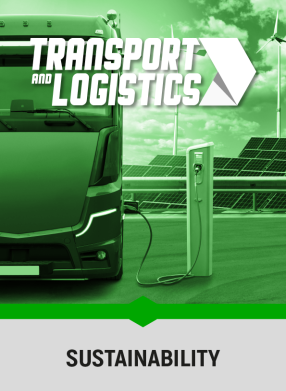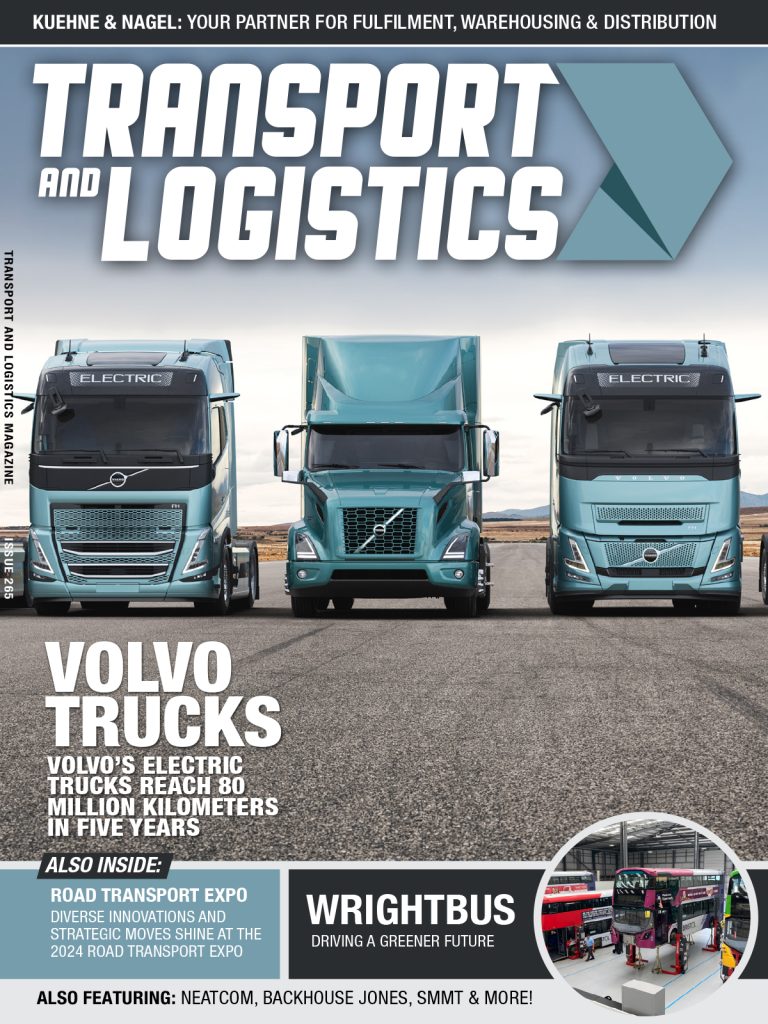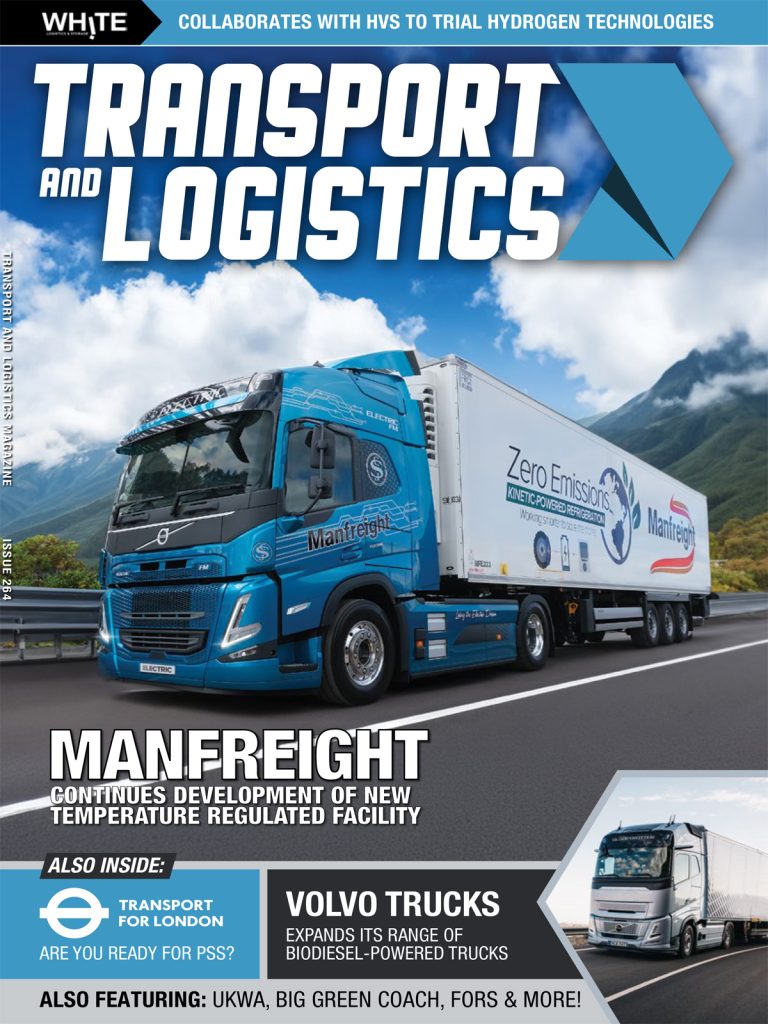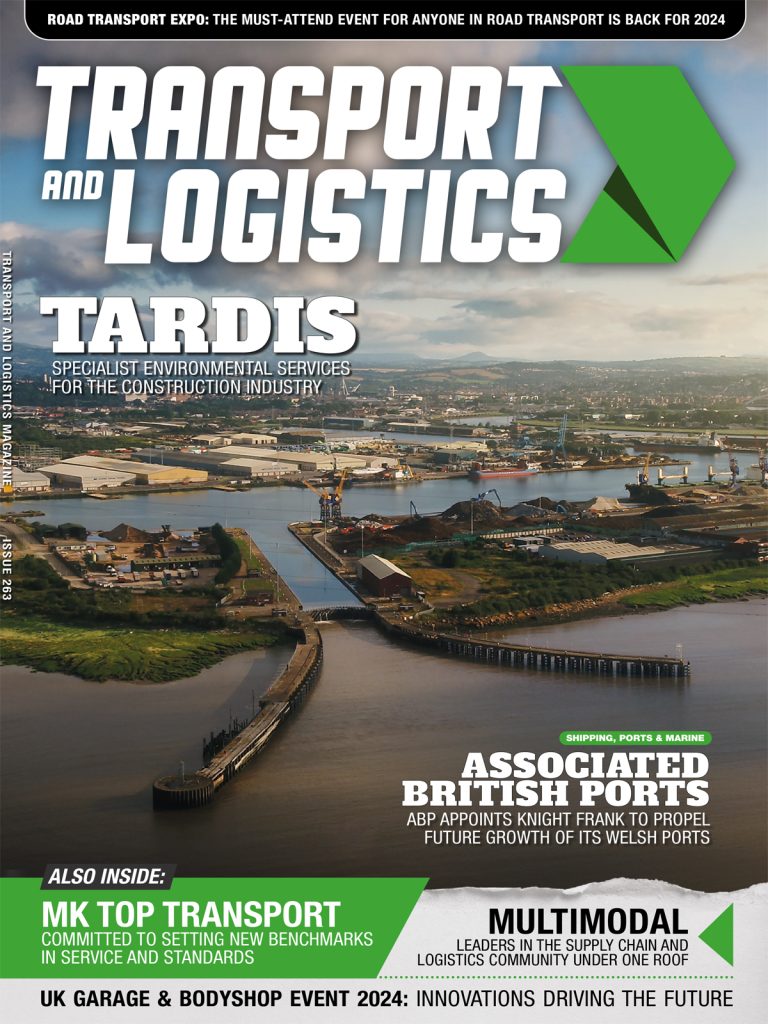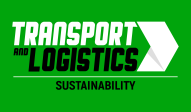The Environmental Audit Committee (EAC) says a clear strategy needs to be outlined by the Department for Transport (DfT) to reduce air pollution and continue the introduction of ultra-low emission vehicles.
The committee believes that a clear plan would allow the DfT to hit air quality and decarbonisation targets. Mary Creagh, chair of the EAC, said: “Air quality targets that were supposed to be met in 2010 won’t be hit until 2020 at the earliest,” she said.
“And it’s been almost a year since we discovered that VW had fitted cars with cheat devices, but the government has still to decide what action to take against the company.”
“The government needs to give manufacturers – such as Nissan, Honda, LTC, and Toyota – a reason to choose their UK car factories – in places like Sunderland, Swindon, Coventry, and Derby – to manufacture the next generation of low-emission vehicles. This would encourage Nissan to manufacture the next generation of their electric car, the Leaf, in Sunderland, from 2018.”
After meeting with representatives from the car industry and local authorities, the EAC are convinced that the DfT can do more to introduce the plans for a greener traffic system quicker and more effectively.
Air pollution campaigner at Friends of the Earth, Jenny Bates, said: “With road traffic the biggest problem… it must create a plan for phasing out diesel use on Britain’s roads. Cutting traffic levels and preventing road-building adding to the air pollution problem should also be priorities.
“And we know it can be done. Other countries like the Netherlands and Norway are planning a ban of new diesel and petrol cars on sale from 2025, while large parts of Copenhagen are traffic-free.”
The EAC outlined its views in a new report entitled Sustainability in the Department for Transport. The full report can be viewed online.
